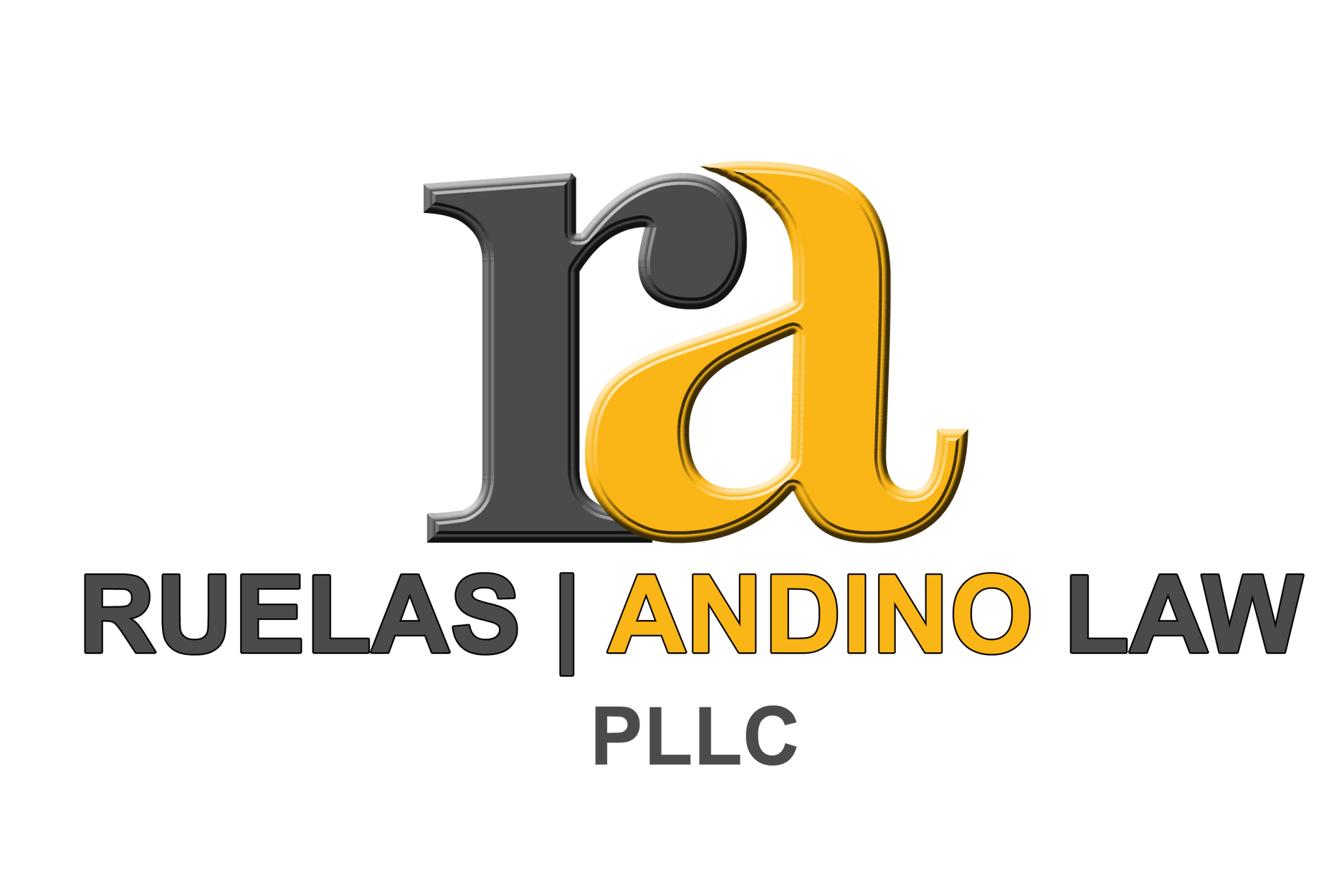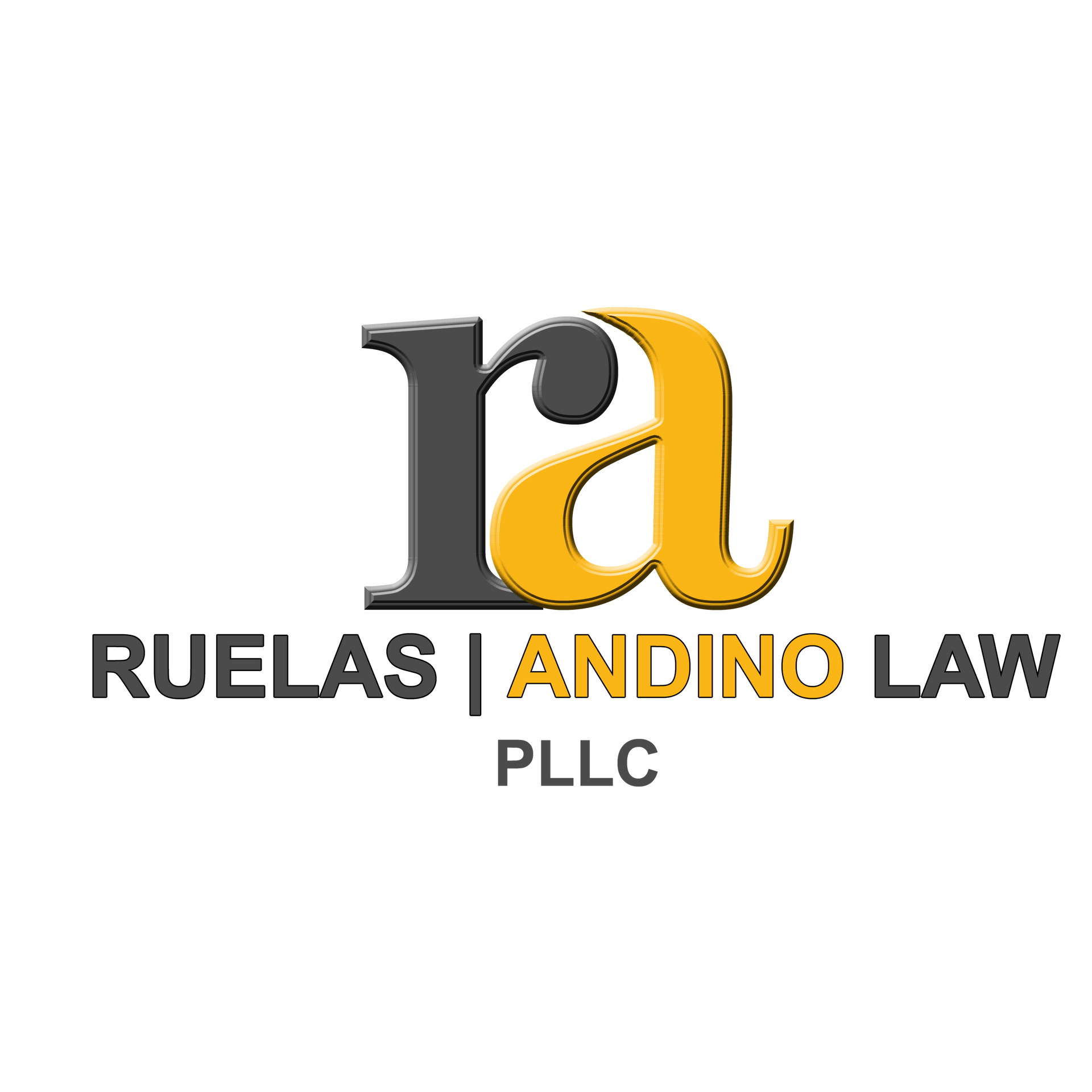Starting a business always comes with risks. According to the Small Business Association, only 50% of them survive their first five years.
While entrepreneurs can't help but take on some forms of risk, they don't have to include unnecessary legal liabilities. Thankfully, it's easier than ever to learn from others' mistakes.
What is a mistake that small business owners make? The biggest of them is trying to go it alone without enlisting the help of a lawyer. A business formation attorney can help clients navigate all aspects of starting a new business, from choosing a structure to drafting contracts.
Whether you’re thinking about starting a business, you are ready to set up and begin conducting business, or even if you’ve already opened for business, you can learn about typical legal mistakes entrepreneurs make and how to avoid them. Let's take a look at some of the most common.
1. Choosing the Wrong Business Structure
Business structure refers to the way a newly formed commercial entity organizes itself. Entrepreneurs risk taking on unlimited personal liability if they choose the wrong business structure. Entrepreneurs who don't establish business entities are generally considered sole proprietors or general partners.
Many entrepreneurs start out as sole proprietors, thinking that this makes them legitimate business entities. It is usually advised to avoid a sole proprietorship because the individual business owner assumes all debts and liabilities of the business personally. However, according to the Supreme Court ruling in Citizens United vs. FEC (CITE in footnote!!!!), creating a separate business entity lends it the rights and responsibilities of personhood. The business entity then takes on legal and financial liabilities instead of the person running it.
Entrepreneurs can also run into trouble if they choose the wrong business structure. For example, general partnerships make each person who joins together to form a business entity liable for their partner's mistakes. A limited partnership minimizes this issue.
To complicate matters further, the IRS taxes sole proprietorships, partnerships, and other business structures very differently. Choosing the correct business structure can help the entrepreneur minimize their tax liabilities and maximize their return on their investment. Additionally, federal and state laws dictate how to handle tax matters depending on the business structure and may even limit the number or type of investors a business venture may have.
2. Neglecting to Protect Intellectual Property
As with choosing a business structure, entrepreneurs may need to take steps to protect intellectual property immediately. They may need to trademark their brand names.
Trademarks give the holders exclusive rights to use brand names or anything that could be confusingly similar to them. If an entrepreneur neglects to file a trademark application at the appropriate time, they stand to lose a good deal of money.
For instance, people file hundreds, sometimes thousands, of trademark applications daily, and searching the database pulls up only exact matches. If it turns out someone already has the desired brand name trademarked or has an application pending, all of the money that went into branding, advertising, and product creation will be for naught, and new business owners could even find themselves on the wrong end of an intellectual property violation.
Copyright issues can also arise during the company's operations. Copyrights default to the creator of content, so unless they are transferred, companies don't get rights of ownership over logos, web content, ad material, recordings, and other intellectual property. It is advised to always use copyright assignments or work-for-hire agreements.
3. Failing to Create Clear Contracts and Agreements
Almost every business needs clear contracts and agreements in place before the business s formed and begins to business. If multiple people co-own the same business, the nature of the agreement between the people should be codified from the beginning to avoid potential litigation down the road. For limited liability companies (LLCs), these are called operating agreements (or company agreements), and they can cover things like how decisions are made, what duties members have to the company, who can vote, what happens when someone dies or becomes incapacitated, and much more.
Regardless of whether the business structure is a sole proprietorship, a corporation, or some variation in between, businesses should codify in a formal writing any contractual relationship regardless of whether the business contracts with an employee, a contractor, a vendor, or any other person or entity. Furthermore, businesses are strongly advised to ensure their contracts remain in compliance with their policies and procedures and with current federal and state laws.
By doing so, a business can further protect itself from unnecessary litigation from employees or other individuals with whom they conduct business internally or externally.
Keep in mind that contracts may contain inherently biased language, outdated law, or are otherwise deficient in fully outlining the nature and terms of the relationship they are meant to govern. This is especially true if the forms used come from sources such as AI or the internet. Too, AI generated forms and templates pulled from there inherently biased. It is generally wise to have them looked over by a business attorney prior to implementing them; the cost to do so up front could save you thousands in the long run.
Similarly, business owners should only sign a contract with a new partner or client after having it reviewed by their attorney. There may be changes they should request to make sure the contract benefits them or at least protects their legal rights. Plus, business owners who need help understanding the jargon used to draft legal documents may accidentally find themselves in breach of their contract.
4. Misclassifying Employees as Independent Contractors
Uninformed entrepreneurs might hear stories about classifying everyone as independent contractors to avoid paying taxes and believe that this is a good strategy. It's not.
Misclassifying employees as independent contractors can be a costly mistake. Business owners who get caught performing this form of employment fraud aren't just liable for paying increased taxes and back pay, they may also face a range of additional financial consequences, from increased workers' compensation insurance premiums to higher taxes, fines, and lawsuits brought by their employees.
Misclassification of employees doesn't just hurt companies financially. Businesses that engage in this form of payroll fraud almost always suffer reputational damage and may have trouble finding not just competent workers but also new customers or clients in the future.
Remember that ignorance is no justification for committing a crime. Business owners who are genuinely unsure about who can be considered an independent contractor and who needs to be on the payroll as a part-time or full-time employee should consult a business attorney.
5. Overlooking Necessary Licenses and Permits
While the state of Texas doesn't require general business licenses, it's a mistake to think that means entrepreneurs can ignore licenses and permits entirely. In fact, businesses must obtain a certificate of formation from the Texas Secretary of State or county clerk's office. Specific business activities almost always require some sort of authorization at a local, state, or federal level.
Businesses that sell goods or services may need sales use and tax permits. Companies that expose people to hazards or require their employees to have extensive training may also need industry licenses or certifications. Additionally, various cities in Texas require general licenses to operate. Each city has its own rules and restrictions, so it is highly advised to check with these entities before you conduct business.
The general takeaway is that licensing and permitting are more complicated than most entrepreneurs realize. The consequences of failing to obtain relevant licenses and permits can include fines, injunctions, reputational damage, and lawsuits. In extreme situations, entrepreneurs operating without appropriate licenses could face arrest for fraud.
6. Commingling Personal and Business Funds
New business owners often begin by using their personal money to fund companies and may not think about opening separate commercial bank accounts. Entrepreneurs should always set up separate accounts regardless of how they plan to fund their businesses and should always ensure those funds are strictly used for legitimate business purposes.
After registering a business, any funds paid to the company must go to the company. Putting the money in a personal bank account is technically stealing since the law views registered business entities as separate from their owners. While this may not necessarily apply to a sole proprietor, it is still advised to separate personal and business funds into separate accounts. Doing so can it much easier for the sole proprietor to adapt if the business transitions from a sole proprietorship to another type of entity or tax structure down the road.
Commingling funds jeopardizes liability protection. If the business runs into trouble legally or financially, an entrepreneur who has been commingling funds could face trouble. They may become personally liable for business debts, or the business may become liable for its owner's debts.
Business owners can't just take money out of their business accounts whenever they want. Entrepreneurs can only use the money for business-related expenses and should maintain schedules for when they pay themselves. In most cases, it's worth hiring an accountant to manage this aspect of business ownership.
7. Relying on Accountants for Legal Advice
An accountant can help business owners with issues related to money, such as payroll and taxes. Don't ask the person for legal advice. Though most business accountants know a good deal about corporate legal issues surrounding their field, they are unlikely to understand the nuances of each situation.
Accountants may suggest different types of business entities from lawyers, for example. To an accountant, the most crucial factor may be tax advantages. At the same time, a business attorney sees the legal ramifications and understands the importance of considering other issues, such as liability protections.
Ideally, entrepreneurs should work with both business formation lawyers and business accountants as they establish new businesses and get them off the ground. Working with multiple relevant industry experts ensures that business owners get solid advice regarding everything from potential funding sources to risk tolerance, liability issues, and exit strategies.
When to Schedule a Consultation With a Business Attorney
Don't wait until a business is already up and running before scheduling your first consultation with a business attorney. Consulting a business attorney throughout the start-up process is vital to ensuring its success and protecting your legal and financial interests.
Business attorneys may also be good sources of information about other relevant industry professionals. Since entrepreneurs usually need everything from accountants to web designers, and all these industry professionals will expect to sign business agreements, hiring an attorney from the get go is a good way to begin networking while simultaneously protecting the developing company's interests.
Schedule a consultation as early on in the start-up process as possible to avoid falling prey to the pitfalls described above or any of the countless other legal issues that could come up.
Disclaimer:
Ruelas Andino Law, PLLC makes no claims as to the accuracy of the information contained within the external links in this blog article nor does it endorse any of the businesses contained in the links. Information contained in this blog is for informational purposes only and may not be construed as legal advice.



